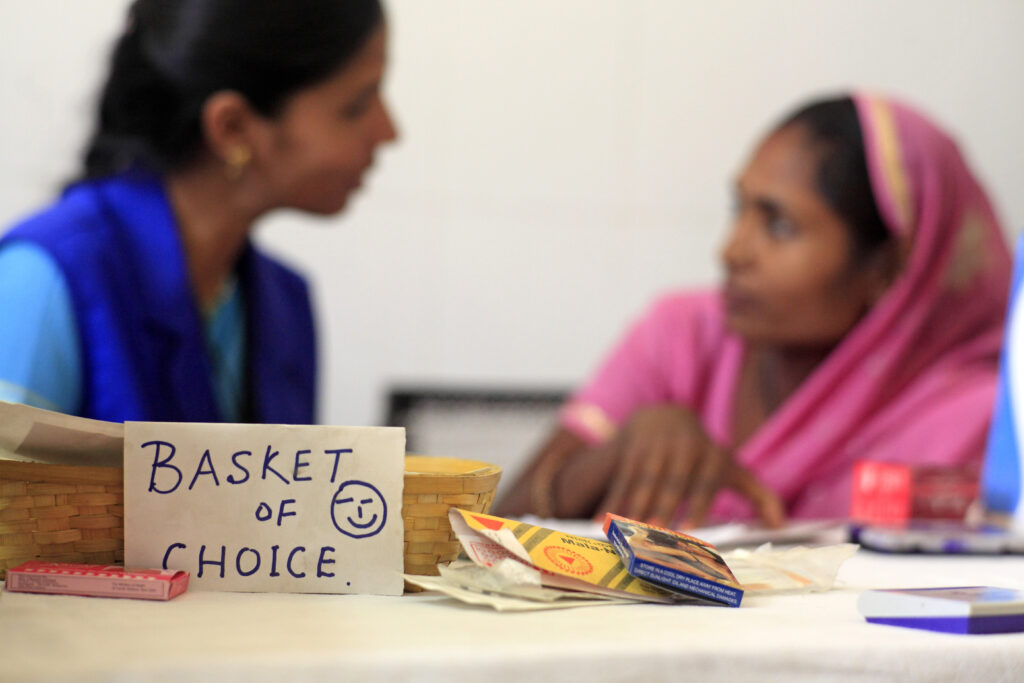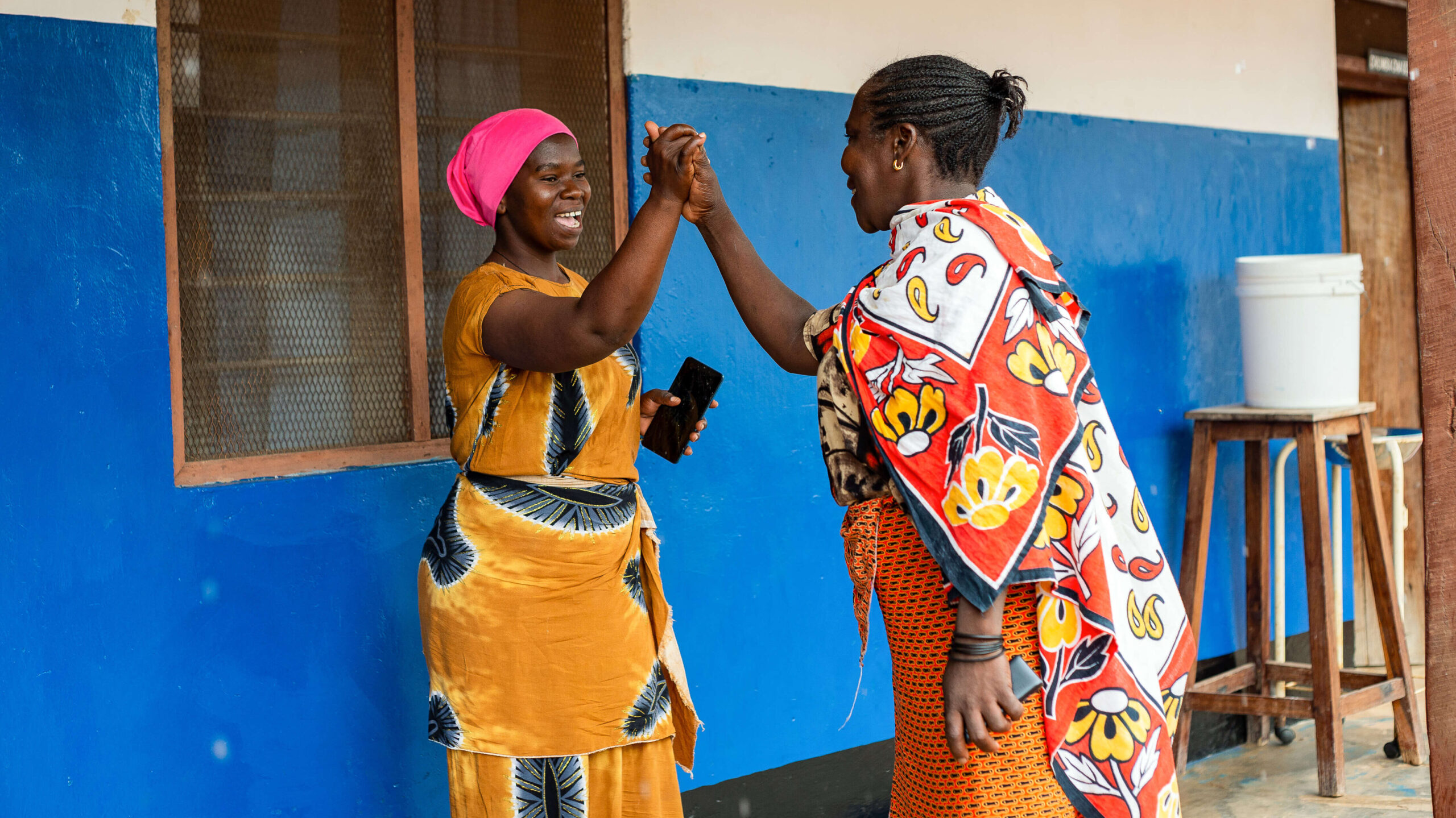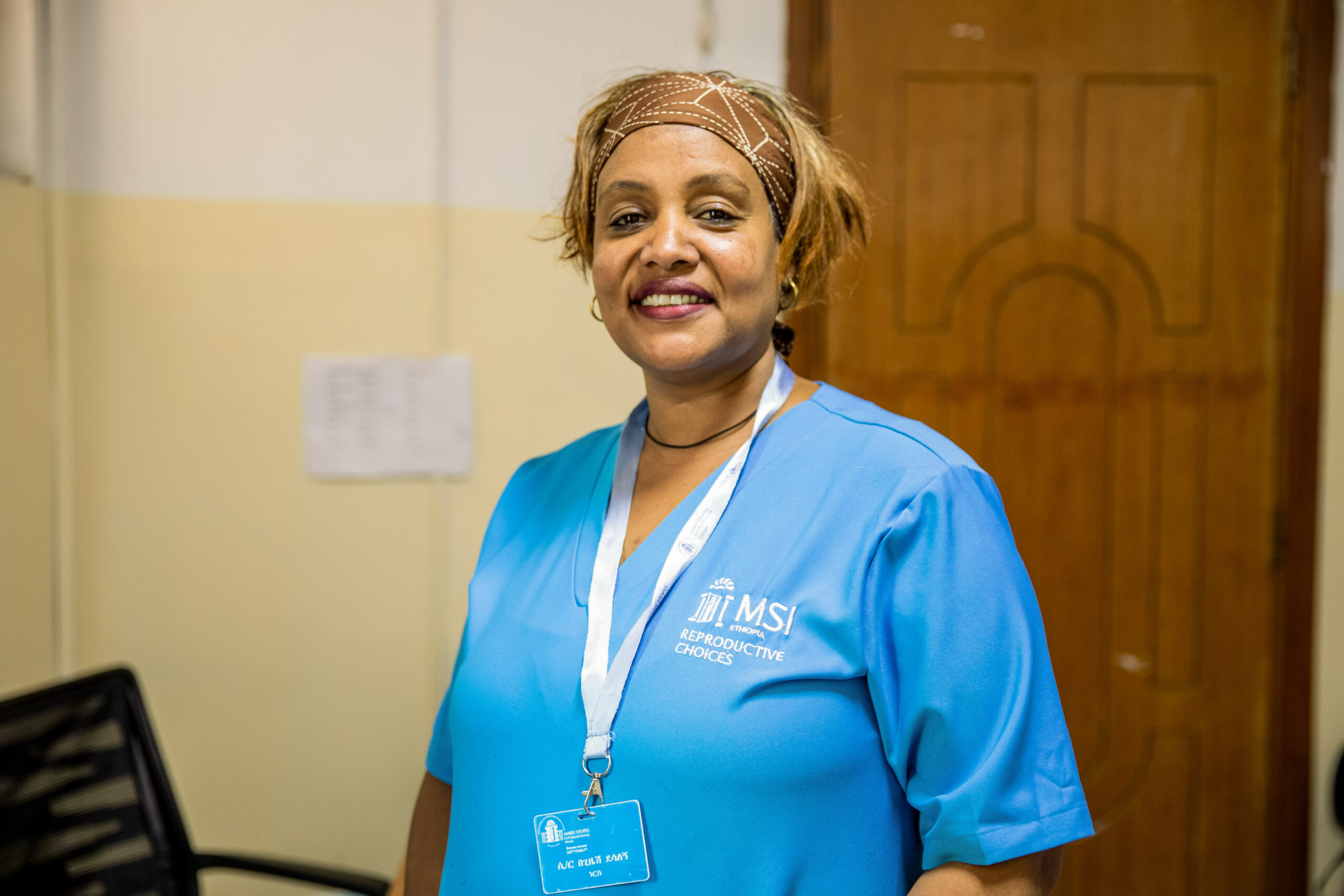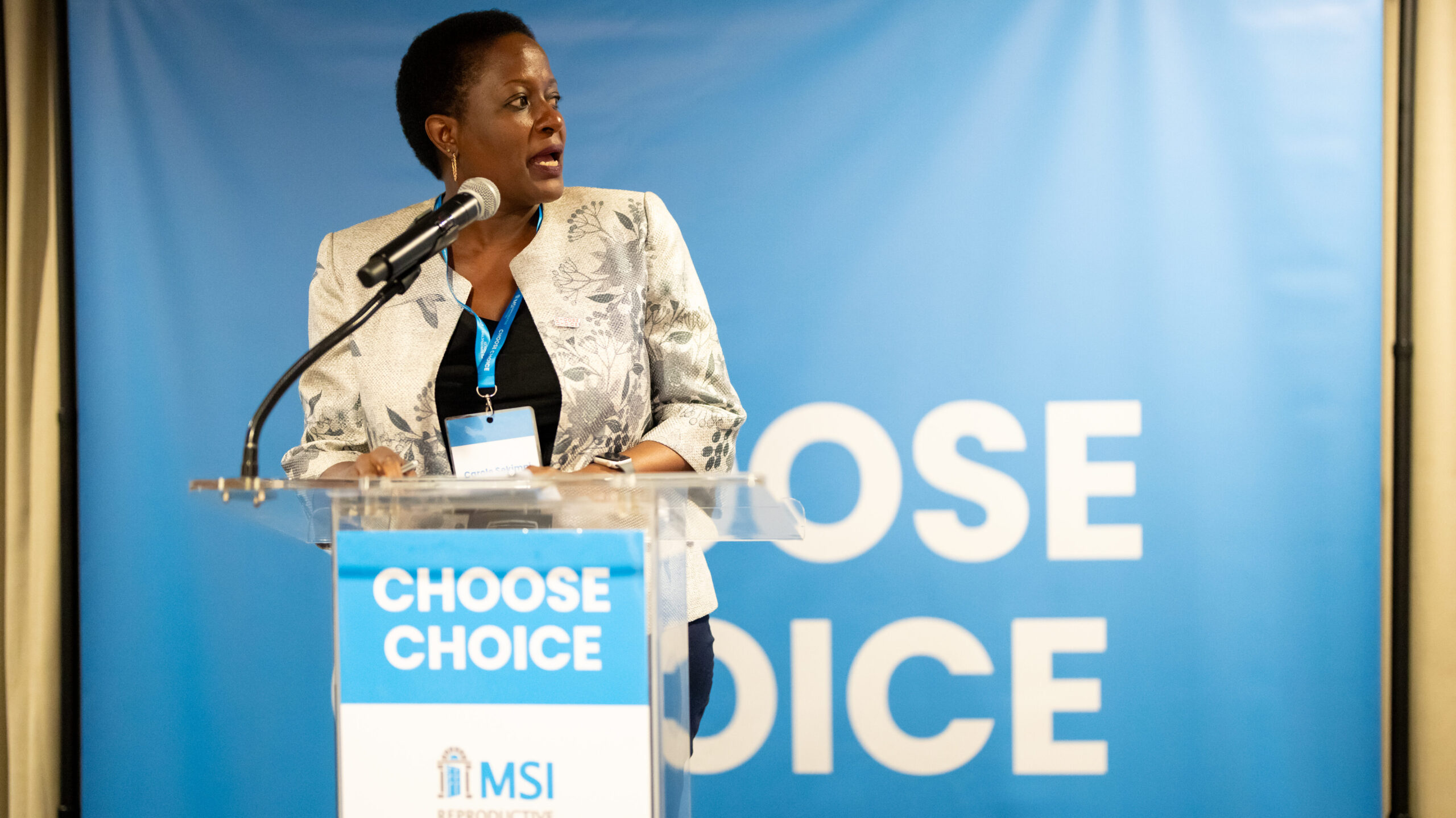
Across MSI’s programmes, we often encounter misinformation and community stigma around sexual and reproductive healthcare. At the SBCC Summit next week, we’ll be discussing how we can tailor approaches to address these community-level barriers and improve access.
At MSI, we work to identify and challenge social norms that restrict access to healthcare. We do this by encouraging positive community dialogue and support from a range of stakeholders: from community and religious leaders to husbands and mothers-in-law. And we also engage directly with individuals to challenge myths and misconceptions, helping encourage positive narratives around sexual and reproductive healthcare. Underpinning much of these activities are social and behaviour change communication initiatives (SBCC).
We use approaches such as human-centred design (HCD) to develop SBCC initiatives. HCD puts the user and their unique needs and challenges at the centre of the design process. By engaging with users throughout, we can ensure those most affected are at the centre of any solutions, driving change that best meets their needs.
From 5–9th December, the global social and behaviour change community will come together in Marrakech, Morocco for the 2022 International SBCC Summit. The event will focus on how we can use SBCC approaches to find solutions to some of the world’s biggest challenges, from ending poverty and gender inequality, to protecting the planet and access to healthcare.
MSI is proud to be attending the conference, sharing learnings from our own SBCC programmes, including an interactive session held in collaboration with human-centred design specialists, ThinkPlace.
Since 2017, MSI and ThinkPlace have collaborated across East and West Africa to develop innovative solutions for increasing access to contraception. MSI and ThinkPlace have explored the ways that user-centred processes can challenge the social norms that can prevent access to contraception, increasing awareness and uptake.
At our interactive SBCC Summit event with ThinkPlace on Tuesday 6th December, 6:30-8:30 pm, we’ll showcase user-driven initiatives from Nigeria, Zambia, Sierra Leone, DRC, and the Sahel where we’ve used human-centred design to develop interventions that drive long-term behaviour change and sustainable access.
If you’re attending the SBCC Summit, please access further details on the event or add it to your Summit schedule. If you have any questions on MSI’s user-centred design work, please get in touch.








